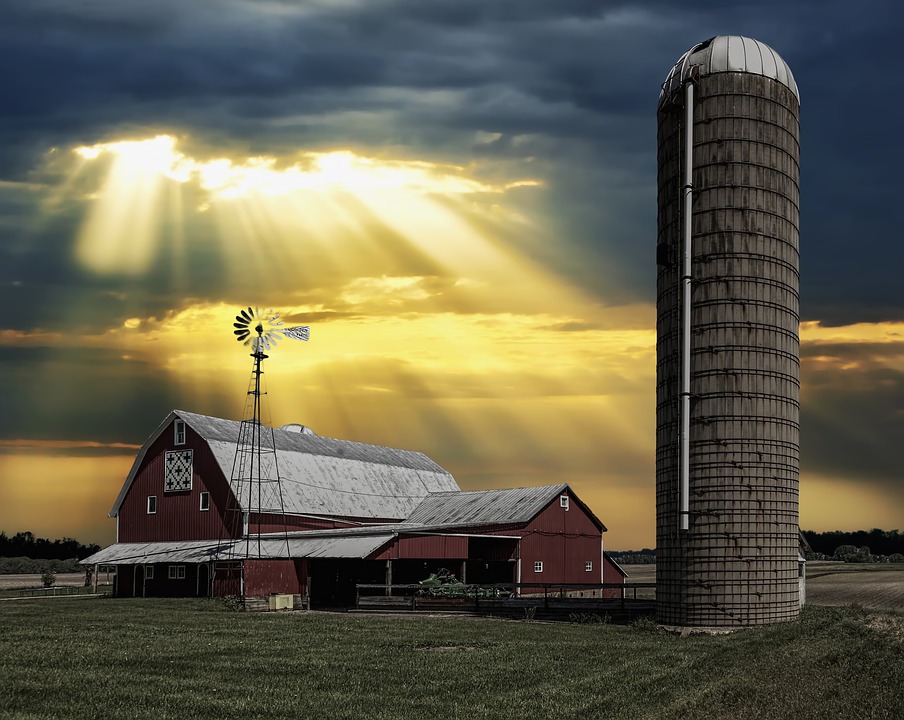
The student ACLU chapter at Georgetown University Law School invited Food Integrity Campaign (FIC) Director Amanda Hitt to speak about the challenges of representing food system whistleblowers. Also on the panel was attorney David Muraskin from FIC ally Public Justice.
Amanda and David both described how agribusiness impedes food system whistleblowers—and how we’re fighting back!
The Power of Legal Representation for Whistleblowers, Amanda Hitt, Food Integrity Campaign
Amanda described how a USDA inspector at a Tyson hog plant blew the whistle on animal abuse—and paid a price. He witnessed improper stunning of hogs: live, conscious animals were hooked up, slaughtered, and even boiled alive. When our whistleblower did his job by reporting these abuses, the plant management went above his head and asked USDA to do something about this pesky inspector. USDA responded not by defending the good work of its own employee, but by re-assigning him to a plant 120 miles away from his family.
That’s why whistleblowers need lawyers! FIC was able to fight the reassignment so the inspector was able to go back home. FIC routinely sees how food system whistleblowers risk their jobs, their reputations, and their quality of life because they just can’t handle letting threats to the public go unchecked.
The Advent of Industry-Led “Ag Gag” Laws, David Muraskin, Public Justice
In recent years, the industrial livestock and poultry industry has pushed “Ag Gag” laws in agricultural states across the country. Animal rights activists have applied for jobs in large, industrial livestock facilities in order to monitor the conditions for animals—and they have exposed shocking abuses. Rather than address these problems, the animal agriculture industry pushed state legislators to make it illegal to videotape animals and expose wrongdoing.
Ag Gag laws originated with the American Legislative Exchange Council (ALEC), an organization that promotes conservative legislation across the country. The first Ag Gag laws were rather crude instruments, specifically criminalizing types of agricultural whistleblowing. As advocates challenged the first Ag Gag laws, ALEC developed versions with vague, insidious language to make the laws harder to defeat—and as a consequence apply to a broader range of whistleblowers. When passing Ag Gag laws, some state legislators even admitted the laws might violate the First Amendment, but would leave it up to the courts to decide.
Working Together to Fight Back for Whistleblowers
A coalition of organizations including FIC, Public Justice, the ACLU, and several animal rights groups are successfully challenging Ag Gag laws in court. Idaho, Utah, and Wyoming courts have overturned those states’ Ag Gag laws, and lawsuits in North Carolina and Iowa are in progress. Amanda and David both highlighted how powerful whistleblower testimony motivates the coalition’s fight for transparency.
It’s becoming clearer to judges and to the public that the sole purpose of the Ag Gag laws is to limit free speech for food system workers, the very people who can stop public health and animal welfare disasters by speaking up. And as FIC fights for individual whistleblowers, we fight to stop laws that make it harder for food system workers to blow the whistle.